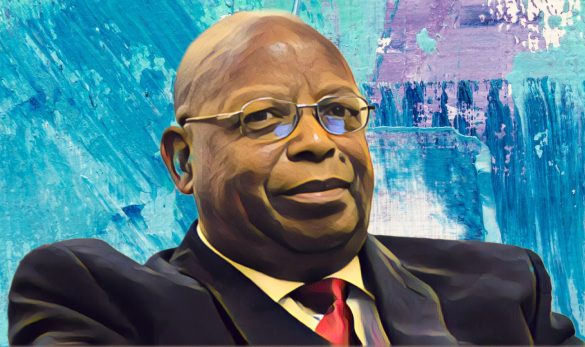The Speaker of the National Assembly, Jacob Mudenda, has officially acknowledged the resignation of two key members of the Citizens Coalition for Change (CCC), Fadzayi Mahere and Allan Markham. Representing the Mt Pleasant and Harare East constituencies, their departures mark a notable shift within the opposition’s ranks and have triggered the process for upcoming by-elections to fill the now-vacant seats.
The resignation of Mahere and Markham, closely following the exit of their party leader, Nelson Chamisa, from the CCC, was formally communicated to the Parliament on January 29 and January 31, respectively. In line with Zimbabwe’s legal and constitutional framework, specifically referencing section 129(1)(b) of the Constitution, their decision to step down leads to an immediate vacancy in their parliamentary seats.
Speaker Mudenda’s statement outlined the constitutional procedure that follows such resignations, emphasizing that “A seat of a Member of Parliament becomes vacant upon the member resigning his or her seat by written notice to the President of the Senate or to the Speaker, as the case may be.” Accordingly, these developments necessitate official notifications to both the President and the Zimbabwe Electoral Commission, as stipulated by section 39(1) of the Electoral Act, to prepare for the by-elections intended to fill these vacancies.
The departure of Mahere and Markham from the Parliament is not only a personal decision but also a reflection of the evolving dynamics within Zimbabwe’s opposition parties. Their resignation comes at a time when the political landscape in Zimbabwe is increasingly competitive and fluid, with various parties and leaders vying for influence and the support of the electorate.
As the nation anticipates the by-elections to replace the outgoing CCC MPs, the focus now turns to how these changes will impact the opposition’s strength and strategy moving forward. The CCC, once buoyed by the support of young and progressive Zimbabweans seeking change, faces a critical moment of introspection and recalibration following the loss of its prominent members.
The resignations have undoubtedly sparked discussions among political analysts and citizens alike, concerning the future direction of the CCC and the broader opposition movement in Zimbabwe. With the upcoming electoral contests, all eyes will be on how the party navigates these challenges and whether it can maintain its momentum and appeal among voters seeking alternatives to the ruling party’s long-standing dominance.
As Zimbabwe continues on its path toward the next general elections, the political terrain appears increasingly unpredictable. The moves by Mahere and Markham underscore the personal and political considerations that influence the decisions of public officials and highlight the constant state of flux within the nation’s political parties. How these resignations and the ensuing by-elections will affect the balance of power in Parliament and the opposition’s campaign strategies remains a critical question for observers of Zimbabwean politics.


